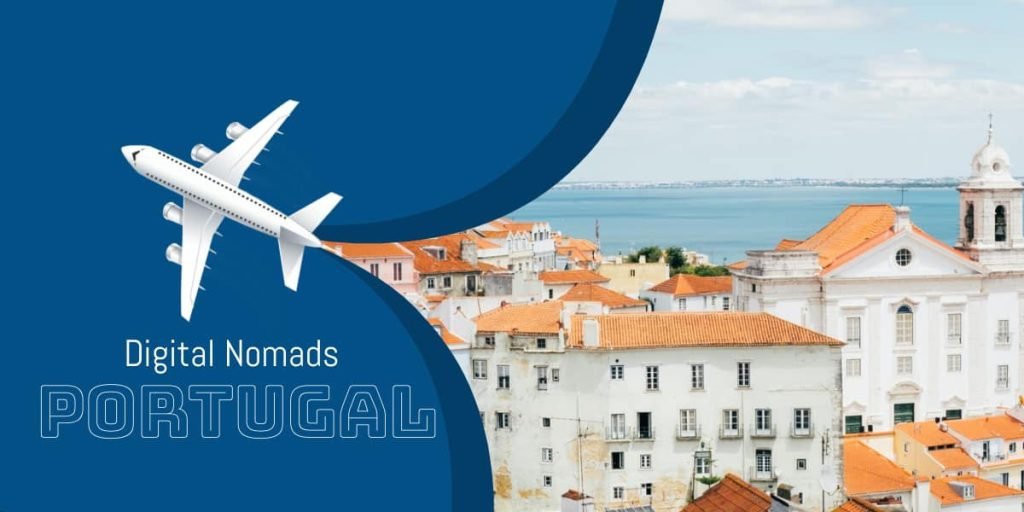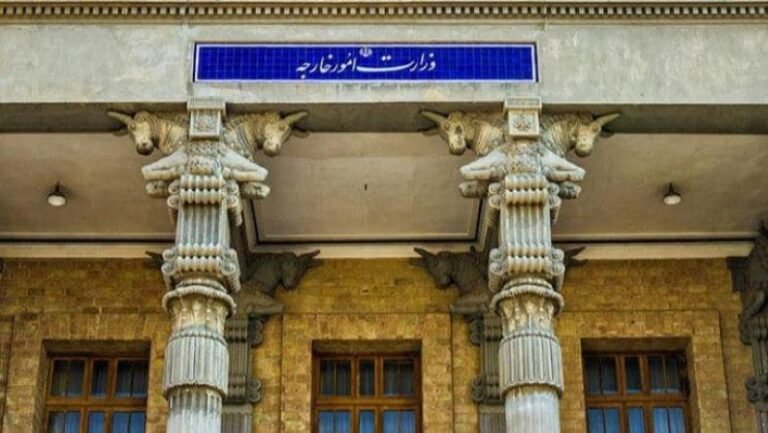Portugal is a popular destination for travelers from all over the world, known for its picturesque cities, beautiful beaches, and rich history.
Whether you’re planning a short-term trip to visit the capital city of Lisbon or a longer stay to explore the country’s many other attractions, you’ll need to obtain a visa before entering the country.
In this blog post, we’ll provide an overview of the visa application process for Portugal, including the types of visas available, the eligibility criteria, and the required documents. We’ll also explain the application process, processing time, and what to expect upon arrival in Portugal.
By the end of this post, you’ll be well-equipped to plan your trip and apply for a visa to Portugal.
How to get a visa to Portugal
If you plan to travel to Portugal, you first need to get a visa.
To do this, you must go to the Portuguese embassy or consulate in your home country. You can find a list of embassies and consulates in our country and city guides. If you are in the United States, please visit our US consulate website.
You will need to bring with you a passport, a valid passport for each traveling companion.
To get a visa to Portugal, you will need to follow these steps:
- Determine which type of visa you need: There are several types of visas available for visiting Portugal, including the short-term Schengen visa, the long-term national visa, and the residence permit. The type of visa you need will depend on the purpose and duration of your trip.
- Check your eligibility: Before you apply for a visa, you will need to make sure you meet the eligibility criteria. This includes having a valid passport, sufficient financial means, and a clear purpose for your trip.
- Gather the required documents: You will need to submit several documents with your visa application, including a completed application form, a valid passport, proof of accommodation and travel itinerary, and proof of financial means.
- Submit your application: You will need to submit your visa application to the Portuguese embassy or consulate in your home country. You will also need to pay a visa fee at this time.
- Get your visa: Once your application has been approved, you will receive your visa, which you will need to present when you enter Portugal.
What are the requirements?
To be able to live and work in Portugal, you will need to apply for a specific visa, the C-VAT. What are the requirements to apply for this visa?
You will need to show proof that you have a certain amount of money available to you. You will also need to show that you reside in another country.
If you have children, you must show that you have custody of your children. You must also show that you have a residence in Portugal – a lease or a contract. You must also show that you can support yourself and your family in Portugal.
To travel to Portugal, you will want to apply for a visa. To do this, you will need to know the requirements of the Portuguese visa application process.
Visa requirements vary depending on your nationality and the type of visa you are applying for. Requirements can also vary depending on whether you are a digital nomad or a tourist.
What documents do I need to apply for a visa?
The process for applying for a visa to Portugal is similar to applying for a visa for any other country. The first step is to apply for a visa. You will need to provide your passport information and a passport photo.
Next, you must apply for a visa at the Portuguese embassy or consulate in your home country. Your visa application may need to be certified by the embassy.
When applying for a visa, you will need to provide your personal information and provide consent for your visa application to be used in Portugal.
If you’re planning a trip to Portugal, you’ll need to make sure that you have the right documents in order before you get there. This blog outlines what documents are required to apply for a visa, how to apply for a visa, and how to renew your visa in Portugal.
What are the advantages and disadvantages of a Portuguese visa?
It is possible to get a Portuguese visa, but it is not easy. The Portuguese visa is not a visa like other countries offer. It is a residency permit that allows you to live in Portugal and work in Portugal.
It is also possible to work in other countries in the Schengen Area with a Portuguese visa. However, it is not easy to get a Portuguese visa. You must prove your ability to support yourself in Portugal.
You must also demonstrate that you have a reason to live in Portugal. An advantage of the Portuguese visa is that it is not a long process. Most people can get a visa in just six months. This can be a disadvantage because there is little time to find a job in Portugal.
Every country has different visa requirements, so it is important to understand what you will be up against by applying for a Portuguese visa.
You will need to check the visa requirements for the country where you will be living for a few months for the visa application.
In most cases, the application process is straightforward and does not take more than a few minutes.
What is the processing time for a visa to Portugal?
The processing time for a visa to Portugal is generally between six and eight weeks, depending on the applicant. The process is slightly different for digital nomads compared to the average applicant.
To apply for a visa to Portugal, the applicant must be living in a country where they hold a residency or a country where they are visiting for business.
If the applicant is a digital nomad, they should be able to provide evidence of their digital nomad activities, as well as an itinerary of where they will be staying during their stay in Portugal.
Once the applicant has obtained all of the necessary information, they can receive their visa to Portugal within two to three weeks.
Visa applications for a stay in Portugal are processed through the Portuguese Ministry of Foreign Affairs.
Processing time varies depending on several factors, including the consulate that is processing the application, the type of visa requested, and the country in which the applicant is a citizen.
The processing time for a visa can take up to 45 days. It is important to note that many consulates have a visa application window as early as 8:00 am, so it is important to plan accordingly.
What steps should I take to help my application?
When traveling to a new country, there are a lot of steps that you need to take to get your visa.
The first step is to figure out what documents you need to get.
The second step is to work on your application.
The third step is to determine how long the application process will take.
The fourth step is to find a visa interview location.
The fifth step is to take your visa interview.
The sixth step is to get your visa.
The seventh step is to leave.
Before you can book your Visa, you need to make sure that you have all of your documents prepared. This includes your passport, health insurance documents, and proof of return or onward journey.
You should also make sure that your visa application is as complete as possible.
For this, you’ll need to download the correct application form, fill in all the necessary information, and send it to the correct address.
Conclusion
In conclusion, obtaining a Visa for Digital Nomads in Portugal is a necessary step for anyone planning a trip to the country.
By understanding the types of visas available, the eligibility criteria, and the required documents, you can ensure that your application is complete and accurate.
By following the steps outlined in this blog post, you can navigate the visa application process with confidence and plan your trip to Portugal with peace of mind. Remember to apply well before your planned trip, as the processing time can vary.
And lastly, keep in mind that the visa process can vary depending on your country of residence, it’s best to check with the Portuguese Embassy or Consulate in your country for specific instructions.
Being a Digital Nomad in Portugal is easier than you think. Our Immigration and tax lawyers are here with comfortable relocation assistance.
Established in December 2008, The Diplomatic Insight is Pakistan’s premier diplomacy and foreign affairs magazine, available in both digital and print formats.















